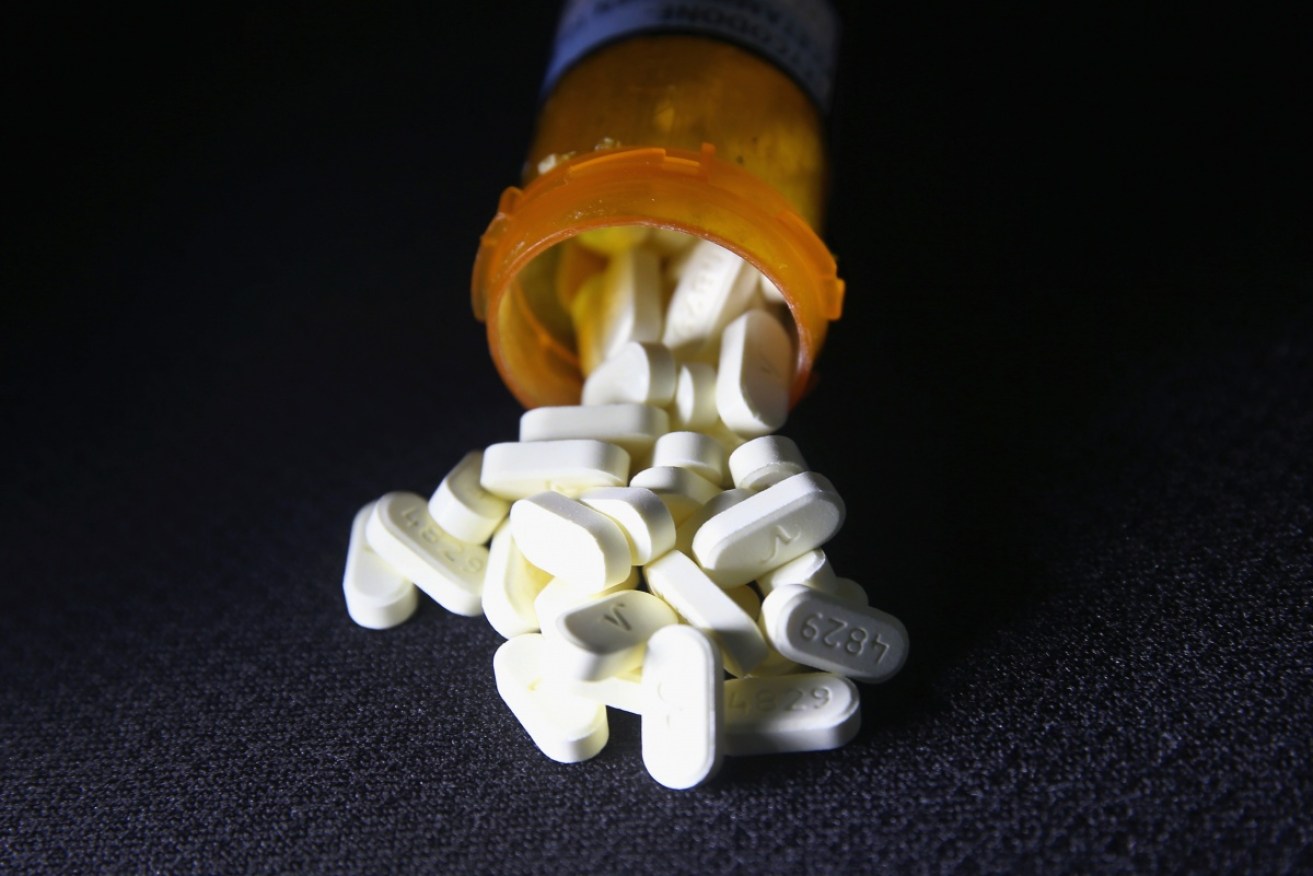Prescription medication the cause behind most drug-related deaths


Testing welfare recipients is a waste of money says ACOSS. Photo: Getty
Almost 2000 Australians died from drug use last year – and it was not illicit drugs to blame, but common prescription medications such as painkillers.
Australian Bureau of Statistics (ABS) data released on Wednesday showed the country endured its highest drug-induced death rates since the 1990s, with 71 per cent of the 1808 overdoses classified as “accidental”.
And while some deaths were from illicit drug abuse, the majority resulted from prescription medications including painkillers and antidepressants, followed by psychostimulants – such as ‘ice’ – and heroin.
The ABS reported that unemployment, low socio-economic status, emotional stress, mental illness and major physical illness contributed to almost 700 drug deaths.
Stephen Bright, a senior lecturer in addiction at Edith Cowan University, told The New Daily that prescription drug deaths have emerged as an “increasing trend” over the past five years.
“Particularly opioids – the most common being oxycodone, methadone and morphine,” Dr Bright said.
“The combination of opioids and benzodiazepines is especially dangerous because they both place pressure on the respiratory system and can prevent the brain from getting enough oxygen.”
This is a common combination as they are prescribed to relieve pain and anxiety respectively.
There was more than a 100 per cent increase in prescriptions of oxycodone between 2010 and 2015, according to the ABS.
Dr Bright said to prevent many of these deaths, he would advise doctors to prescribe naloxone alongside the opioid which serves as an antidote to a possible overdose.
“If you add alcohol on top, also a central nervous system depressant, you don’t just get an added effect but you get a multiplication effect,” he said.
“It’s not uncommon for people to present themselves at hospital after a reaction with this combination of drugs.
“I think, anecdotally, there has been an overprescribing of medication in Australia as doctors feel under pressure by patients to prescribe medications … these days people tend to feel that if they don’t come back from the doctors with a script, the consultation’s been wasted.”
Prescription drugs enter the black market
Australian Drug Law Reform Foundation president Dr Alex Wodak said some commentators have questioned whether the uncertainties created by labour market deregulation and other economic policies may be “contributing” to these changes.
“The situation has become much more complicated now that many prescription drugs are readily available on the black market,” he said.
“So the Australian Institute of Health and Welfare (AIHW) and ABS now refer to the ‘illicit use of drugs’ rather than to ‘illicit drugs’.
“Prescription drugs end up on the black market from many mechanisms including warehouses or pharmacies being robbed, to patients selling drugs to the black market.”
The US overdose crisis ‘out of control’
Dr Bright warned that if Australians did not address these overprescription problems now, Australia could find itself in a crisis within two to three years.

Activists rally during a protest denouncing New York City’s ‘inadequate and wrongheaded response’ to the overdose crisis. Photo: Getty
He said much could be learned from the current situation in the US where increased restrictions of prescription medication has led to a surge of drug-related deaths.
“In the US they’ve got an opioid overdose crisis spiralling out of control and now we’re starting to see that here,” Dr Bright said.
“The US reacted to increased deaths by putting a lot of restrictions around it. But many people have turned to counterfeit medication or have moved on to heroin, also fentanyl which is much more strong.
“We’re about to see restrictions on painkillers containing codeine and we need to be very careful with this transition. We need to identify those who are reliant on codeine and get them on to early intervention before they turn to harder drugs.”
Readers seeking support can contact Lifeline on 13 11 14.









